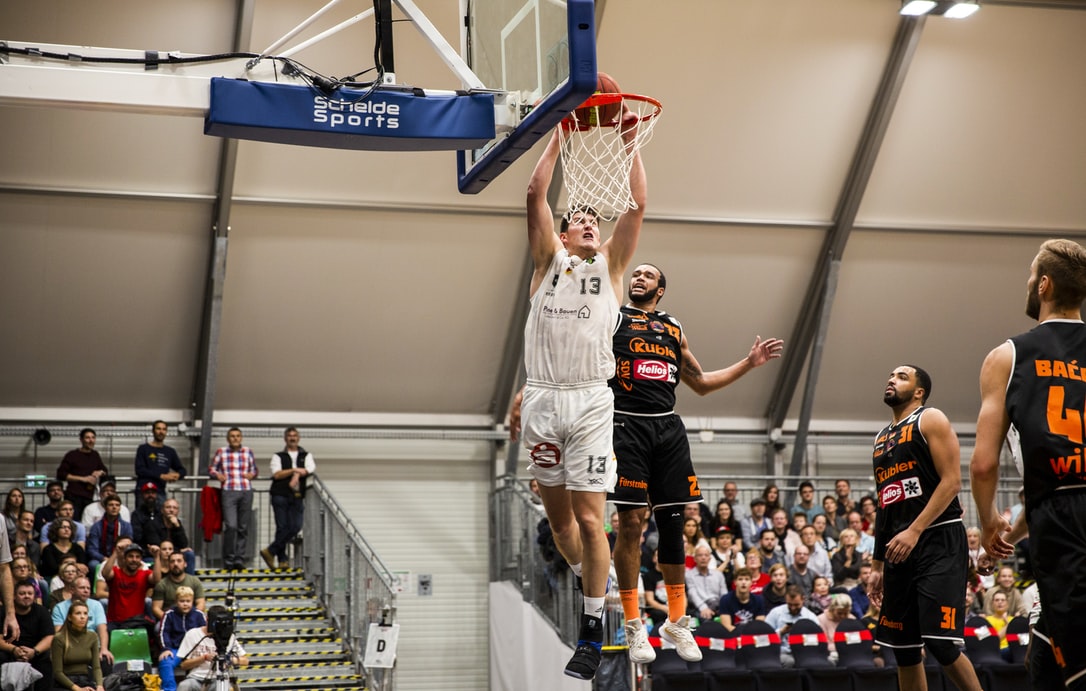
"Be your best friend."
Self-confidence is a frequently mentioned factor in sports that significantly affects sports performance. Whether the coaches or the athletes themselves often refer to the fact that "they did not feel confident enough and therefore did not perform well" or that "today we entered the match confidently and that was the key to today's win". But what exactly is self-confidence? And how can it affect our performance?
Self-confidence literally means self-awareness. A healthy confident person knows his qualities, he is not afraid to use and present them. At the same time, he knows his weaknesses and wants to improve them. He can recover quickly from a loss or personal failure, and the victory does not take him to heaven but remains on his feet.
The level of self-confidence directly affects our thinking, which has a major impact on the direction of our concentration before and during exercise. If an athlete thinks before the performance about whether or not he is afraid to make a mistake today, it is very likely that he will not fulfill his sports potential. His brain then focuses on everything he doesn't have to do and not what he has to do. From a neurobiological point of view, our brain "can't do something." If I tell you now not to think of a "pie," an association associated with the pie will form in your brain for a few milliseconds. It also works during exercise. If we say that "mainly I can't lose the ball now", your brain understands "I can lose the ball now" and you will probably really lose it. What you think is key to showing your physical potential.
The other extreme is the athletes, who are used to the fact that they are the best and that they simply "do everything". It is often very talented athletes who go through youth sports quite smoothly. They do not need to come out of the comfort zone, they do not need to work extra, they do not get into a situation under pressure. They are often popular with coaches, teammates, parents, or even managers. However, the problem arises during the transition to professional sports, where they are exposed to various pressures or a clear hierarchy in the locker room, which they were not used to before. They can't "fight" for themselves. They become unstable and often their self-esteem falls apart. And they are looking for an easier way.
Both extremes are not useful for the athlete and it is necessary to work with them. You will read how to do this in the following articles.